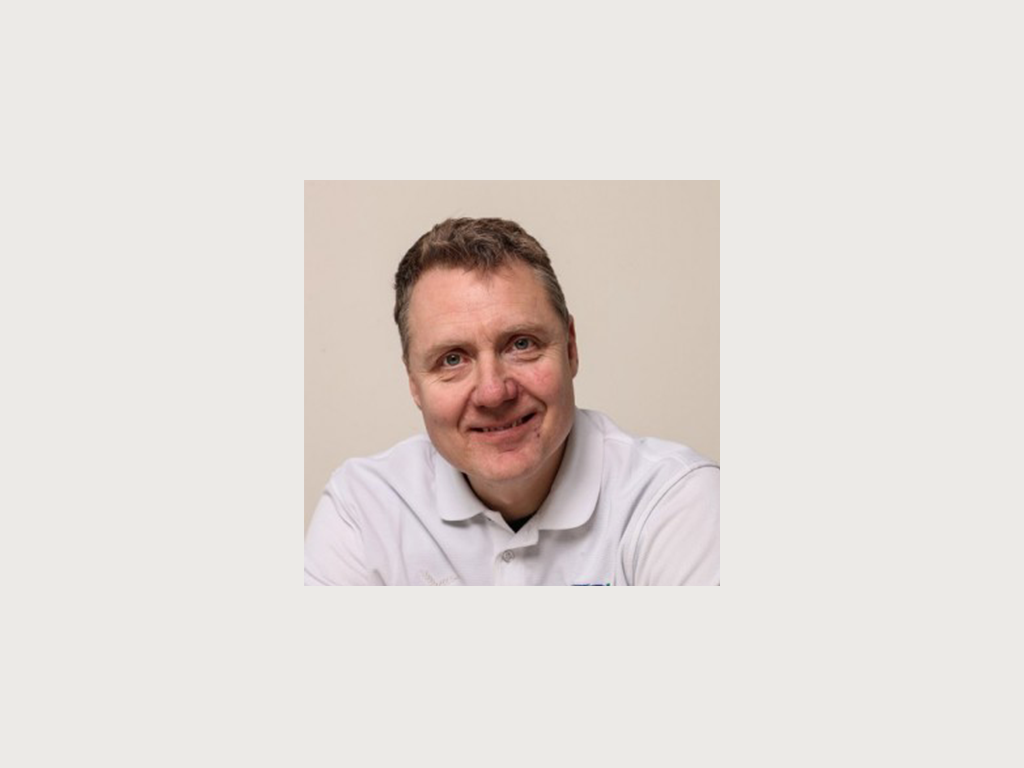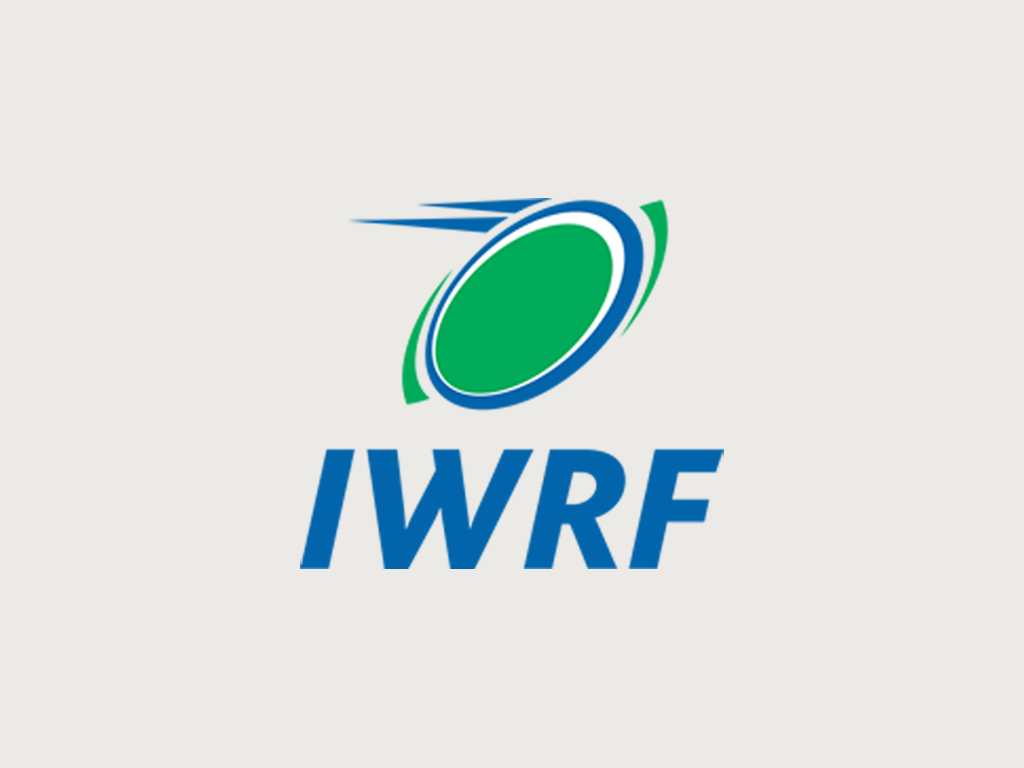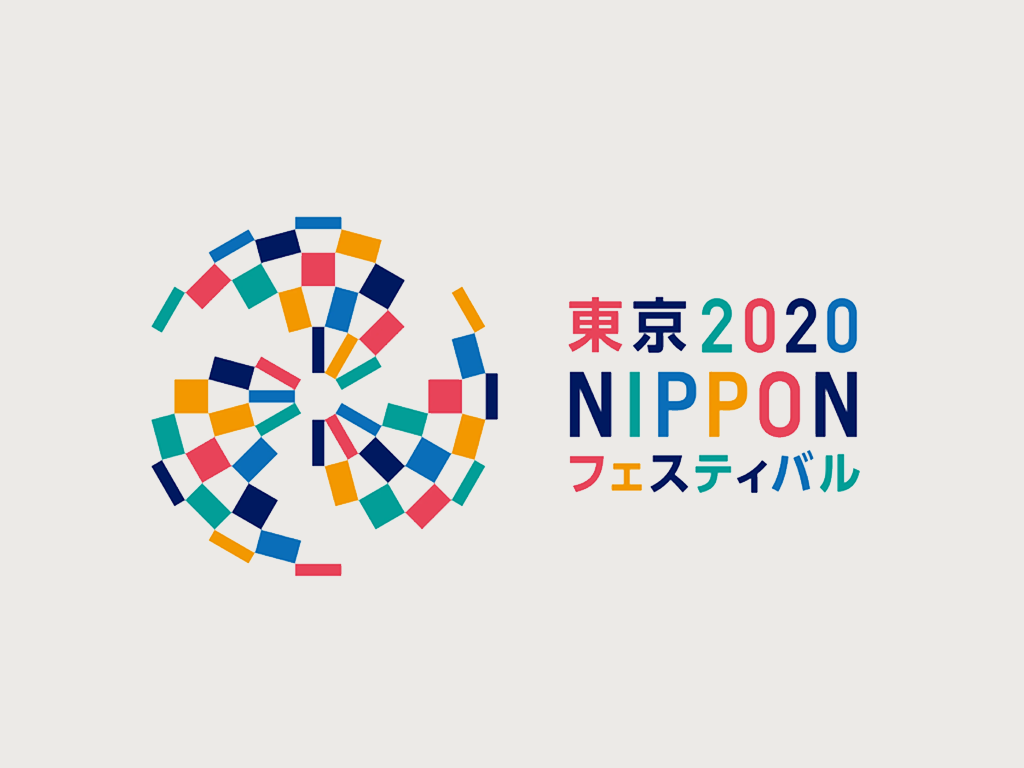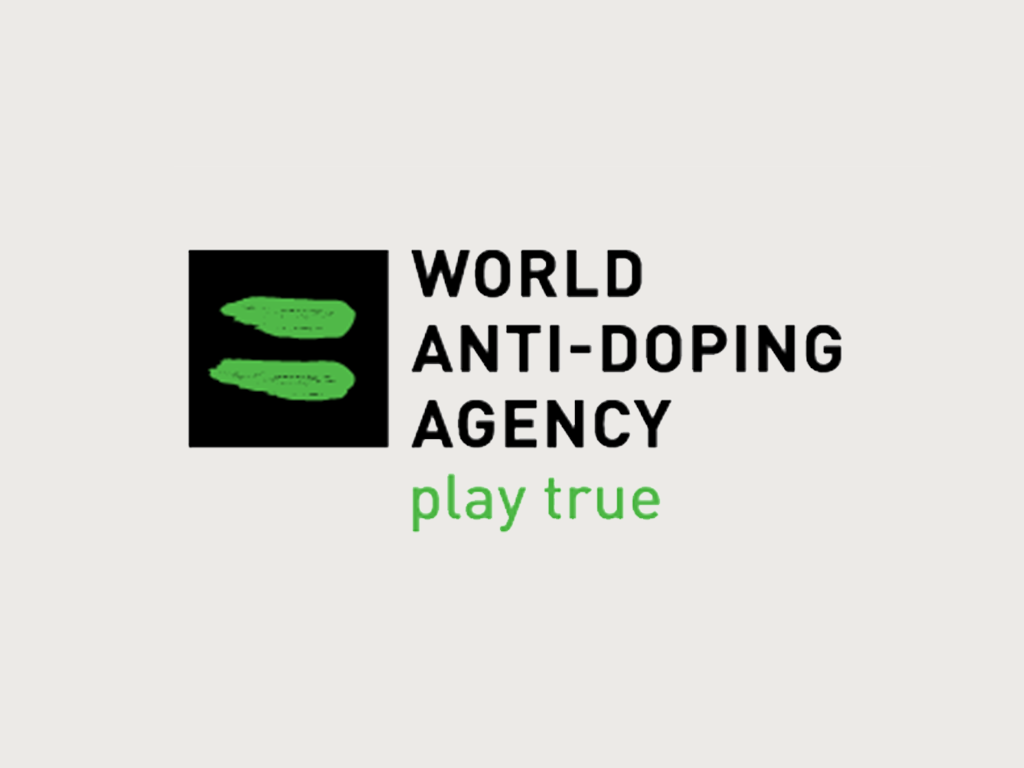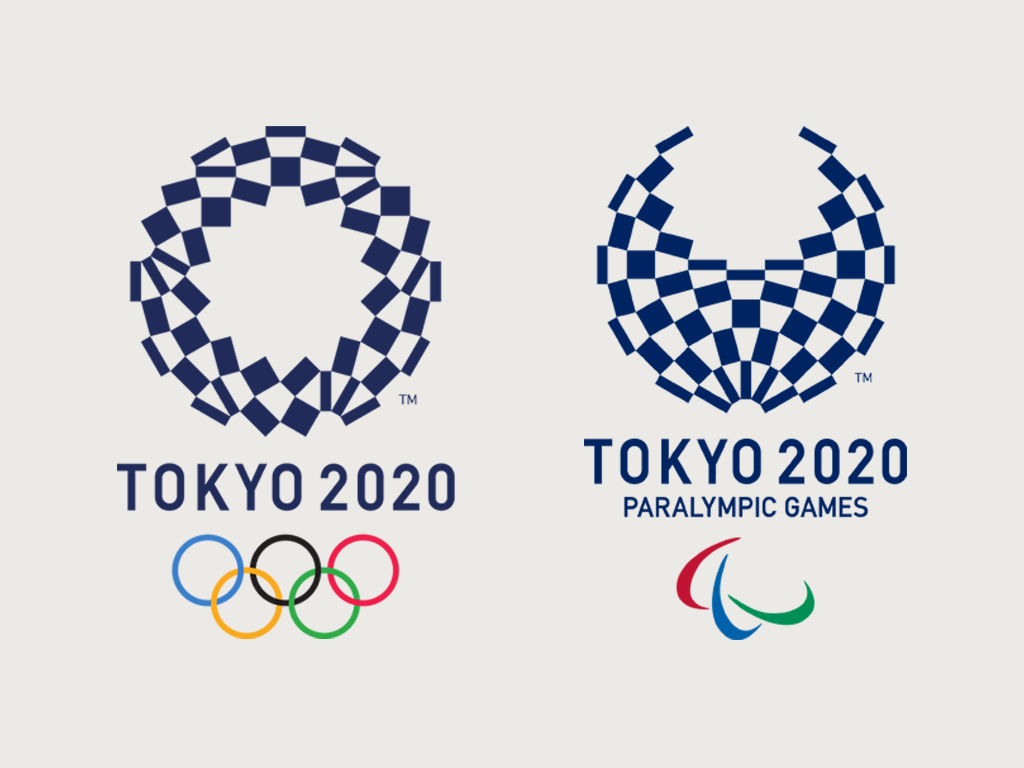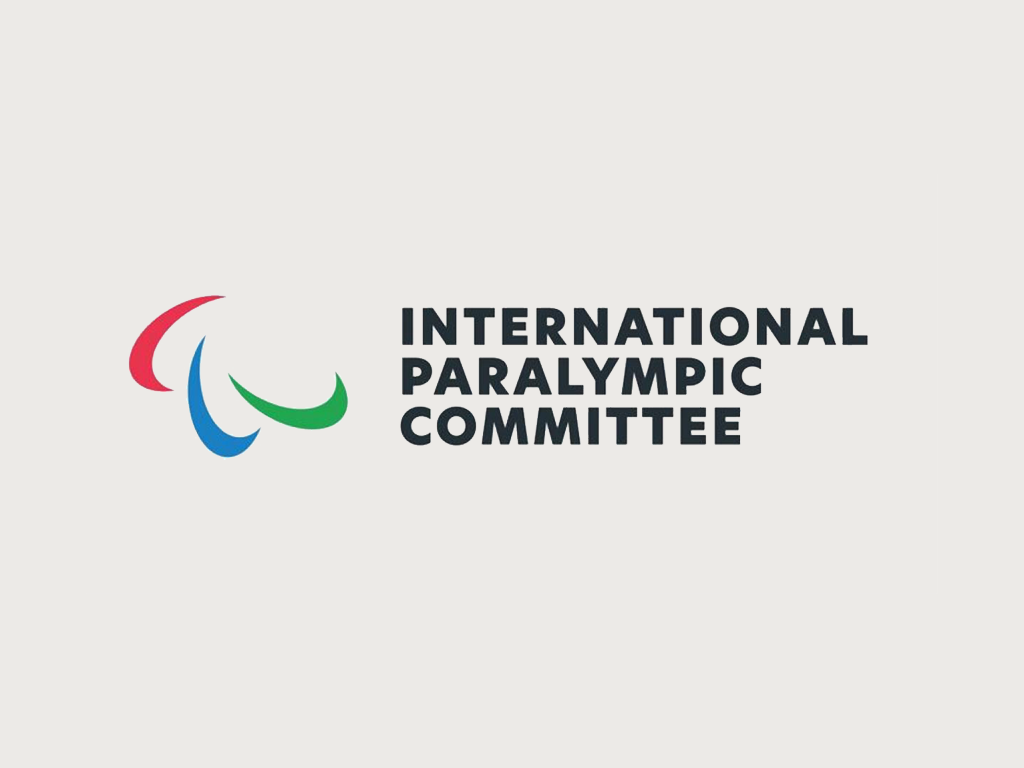The International Paralympic Committee (IPC) has released the shortlist for the 2021 International Women’s Day Recognition, with winners to be announced on 8 March’s global celebration of women and gender equality.
This is the second year, since its inception in 2013, the International Women’s Day Recognition has expanded into categories, awarding primarily women in the Paralympic Movement who inspire and emulate the Paralympic ideals, and serve as positive role models.
Five outstanding female candidates each, make up the Builder and Next Generation categories, respectively. Three organisations have been shortlisted for the National Paralympic Committee and International Federation (NPC/IF) category.
The winners will be decided by the IPC’s Women in Sport Committee, chaired by Rita van Driel, who said:
“The 2021 International Women’s Day Recognition supports one of the IPC’s key strategic objectives, which is to promote gender balance in leadership positions across the Paralympic Movement. I can say without doubt that the 2021 nominations process has been our strongest to date, and we are hugely encouraged by the number of entries which showed women across the Movement breaking down barriers that restrict participation and implementing initiatives that engage more women at all levels and positions in Paralympic sport.”
BUILDER
This category recognises sustained and consistent leadership over a period of time, advocacy, overall contributions and impact promoting and supporting women in sport:
Batoul Moshref Javadi – The Deputy of Women Students’ Affairs Across the Country in Iran also serves on NPC Iran’s executive board, shedding light on the abilities and challenges for women. She is also the Vice President of Women Affairs for the Iran Sports Federation for the Disabled.
Kate Caithness CBE – The President of the World Curling Federation is one of the two women International Federation Presidents. Caithness has developed wheelchair curling by running try-out sessions in Scotland, before playing a central part in the introduction of the World Wheelchair Curling Championship in 2002 and eventually wheelchair curling’s place at the 2006 Paralympic Winter Games. She was instrumental in the recent introduction of the wheelchair mixed doubles to the Paralympic programme.
Ann Cody – The Paralympic champion currently oversees the International Disability Rights portfolio at the US Department of State, where she works to promote inclusivity and fight discrimination for persons with disabilities globally. She has also held leadership positions at the US Olympic & Paralympic Committee, IPC and International Olympic Committee.
Ming-chu Mu – Having served as the President of the Chinese Taipei Paralympic Committee since 1992, Dr Mu has led the nation to its Paralympic debut at Barcelona 1992 and since, worked towards popularising Para sports at home and increasing women’s participation.
Shaenaz Voss – Through mentoring, Voss has been building a platform for Para sports in Fiji, and her efforts are evident in terms of the growth of women leaders within NPC Fiji, both at executive and operational levels. In her current Presidency role, NPC Fiji has 43 per cent female representation on the Executive Board and is working to elevate female athletes, such as Naibili Vatunisolo, who hopes to be the country’s third female Paralympian.
NEXT GENERATION
This category honours emerging leadership, advocacy, overall contributions and impact promoting and supporting women in sport. Candidates in this category are considered to be in the early stage of their career:
Jenny Ortiz Cardenas – The Colombian is a member of World Para Powerlifting’s Education and Development Advisory Group, a professor at a university, an international technical official and course educator. She supported the creation of a mentorship initiative for women technical official and coaches as well as ‘She Can Lift’.
Fathimath Ibrahim – The Para athlete excels off the tack, volunteering with the Maldivian Red Crescent for the past 10 years and has advanced to a managerial position. Additionally, she has been a member of the blind and vision impaired society of Maldives, Women and Democracy, Cancer Society, Regional Alliance for Fostering Youth and the Maldives Women’s Association.
Zahra Nemati – Iran’s first gold medallist at a Paralympic or Olympics is also a distinguished activist. She participated at the UN Convention on the Rights of Persons with Disabilities, and in May 2018, she was designated as the first Sustainable Development Goals (SDGs) Ambassador by the president of Global Understanding (GU) Regional Action Centre in Iran.
Ileana Rodriguez – A former refugee and London 2012 Paralympian, Rodriguez has worked as the Americas Paralympic Committee Athlete Representative and runs ‘I Design Access’, a design consulting firm looking to create more accessible buildings for persons with disabilities. She will be Chef de Mission for the Tokyo 2020 Refugee Paralympic Team.
Nur Syahidah Binte Alim – Singapore’s first female Para archer and first world champion currently serves as a member of the Asian Paralympic Committee Athlete’s Committee and was the Chairperson of the Singapore Para Athletes Commission from 2018-2020.
NPC/IF
This category recognises the leadership and impact of National Paralympic Committees (NPCs) and International Federations (IFs) who promote and support women in sport:
World Para Powerlifting – Through collaboration with researchers, studies were conducted analysing the barriers and facilitators of female athletes, technical officials and coaches, which led to the development of dedicated programmes such as ‘She Can Lift’ that was launched to educate and empower women participants to become technical officials and coaches within the sport. She Can Lift engaged women in 25 countries and World Para Powerlifting has seen a 138 per cent increase in women participating in the sport since 2009.
Paralympics New Zealand – Through its commitment in being an equal opportunities employer, PNZ’s staff is comprised of 80 per cent female senior leadership and has many involved in advocacy for women and girls in sport. The achievements of its athletes have opened up numerous opportunities to promote diversity and inclusion; for example, Sport NZ media research project reported 57 per cent of Paralympic coverage includes women compared to 33 per cent of Olympic coverage.
NPC Peru – The growth and development of the NPC has involved and promoted not only the development of Para sport at the national level, but specifically the inclusion of Para female athletes.
The 2020 winners were Poland’s Paulina Malinowska-Kowalczyk (Builder), Jordan’s Maha Bargouthi (Next Generation Leader) and Paralympics Australia (National Paralympic Committee and International Federation).

